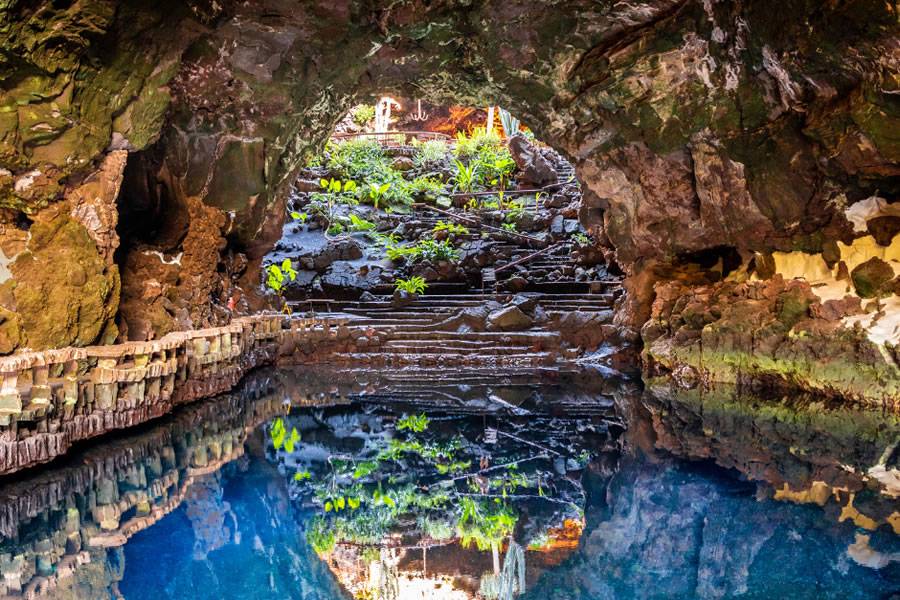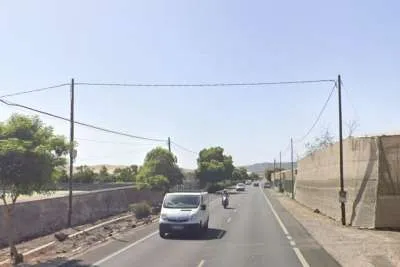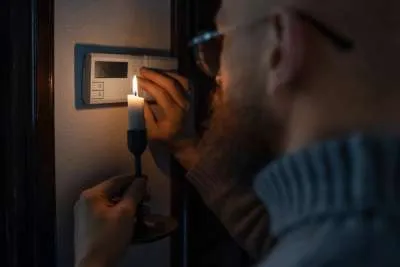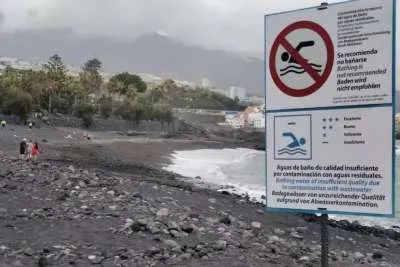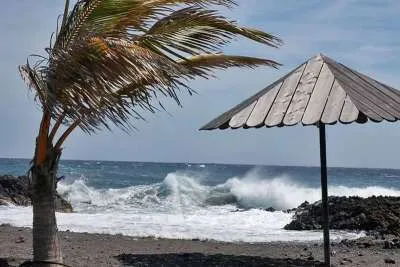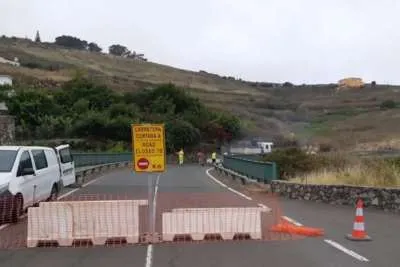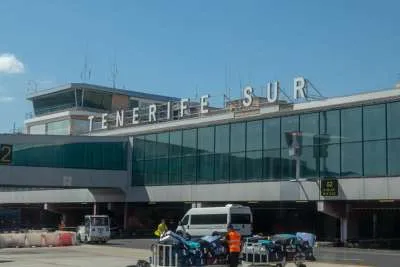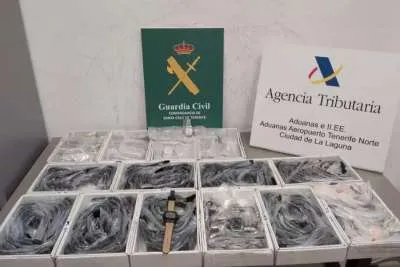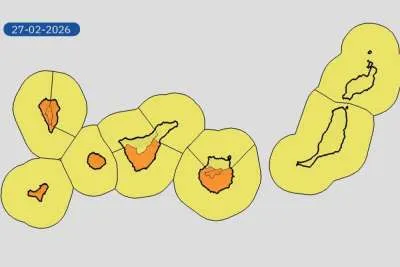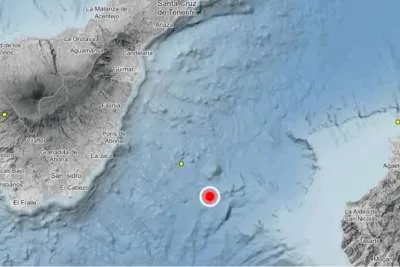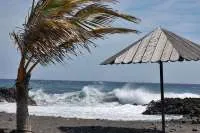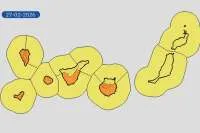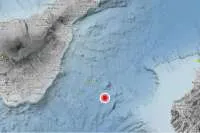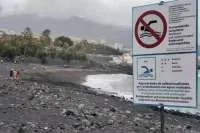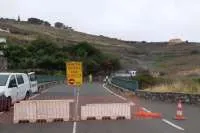An underwater volcanic tunnel in the Canary Islands is nominated for World Geological Heritage status
- 21-02-2025
- Lanzarote
- Canarian Weekly
- Photo Credit: Turismo de Lanzarote
The La Corona volcanic tube in Lanzarote, the largest natural underwater lava tunnel on Earth, has been proposed as a World Geological Heritage Site by the Commission on Geological Heritage of the International Union of Geological Sciences (IUGS).
This scientifically significant nomination has been supported by Javier Lario, professor of geology at the National University of Distance Education (UNED), in collaboration with the Lanzarote and Chinijo Archipelago Geopark, according to an announcement by the Cabildo of Lanzarote.
A Global Recognition for a Unique Natural Landmark
“The ongoing research and outreach efforts between UNED and the Lanzarote Geopark are bearing fruit, helping this exceptional site gain the global recognition it deserves,” stated Samuel Martín, Lanzarote’s Councillor for the Environment and the Geopark.
The IUGS Geological Heritage Commission (ICG-IUGS), established in 2016, is responsible for identifying, preserving, and promoting geological sites of the highest scientific value. So far, 200 sites worldwide have received this designation.
“For the next 100 designations, the IUGS has shortlisted the La Corona volcanic tube and the Atlantida tunnel among the world's most scientifically significant sites. This is a major milestone, further positioning this exceptional natural laboratory as a global reference for understanding our planet’s history,” Martín added.
A Step Toward Preservation and Global Awareness
The Lanzarote and Chinijo Archipelago Geopark views the nomination as an optimistic opportunity. A successful designation would enhance international recognition of the La Corona tube, which includes the famous Jameos del Agua, while strengthening its preservation efforts through new cooperation programmes.
Stretching over 1.5 kilometres, the Atlantida underwater tunnel has fostered the development of a unique marine ecosystem, making it an area of immense geological and biological importance.
Formation and Protected Status
The Atlantida tunnel was formed thousands of years ago when sea levels were 120 metres lower than they are today. It is part of La Corona Natural Monument, a protected area in Lanzarote, encompassing the 600-metre-high La Corona volcanic cone and its associated lava tunnel system, located in the municipality of Haría, in the north of the island.
If granted World Geological Heritage status, the La Corona volcanic tube would join a prestigious list of sites recognised for their outstanding scientific, educational, and conservation value.
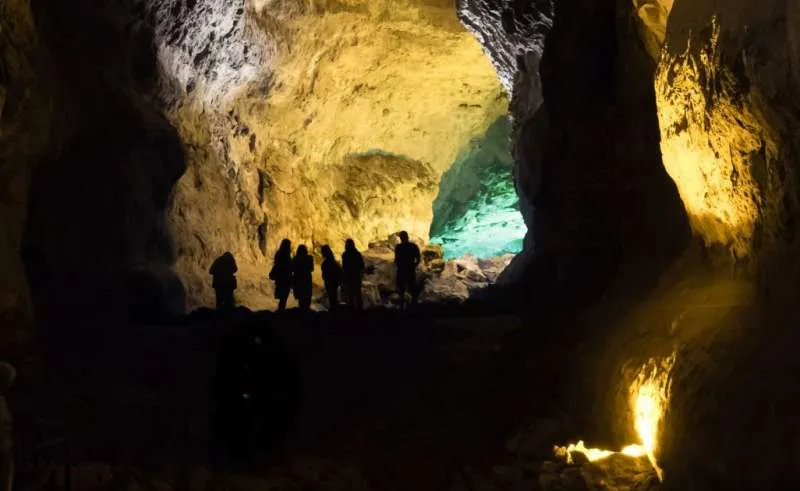
Other articles that may interest you...
Trending
Most Read Articles
Featured Videos
TributoFest: Michael Buble promo 14.02.2026
- 30-01-2026
TEAs 2025 Highlights
- 17-11-2025


